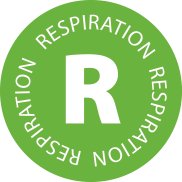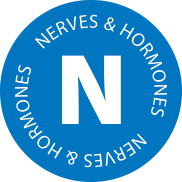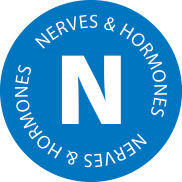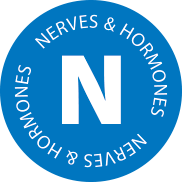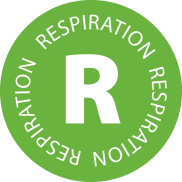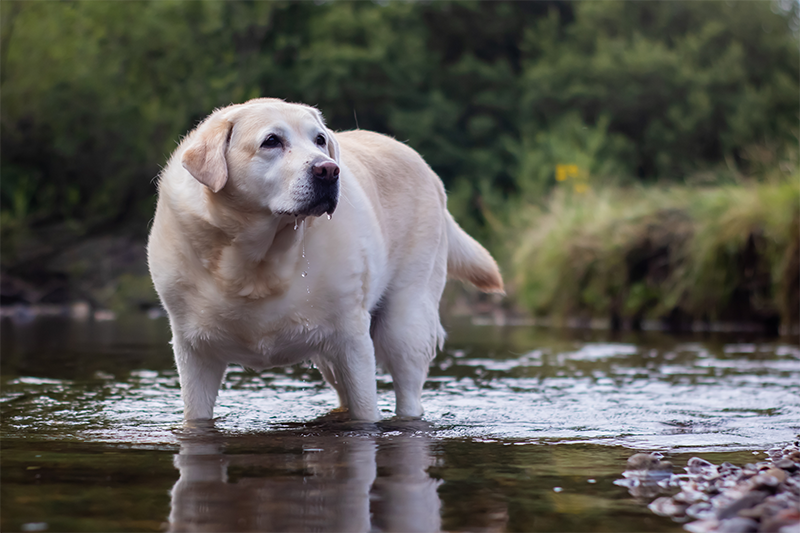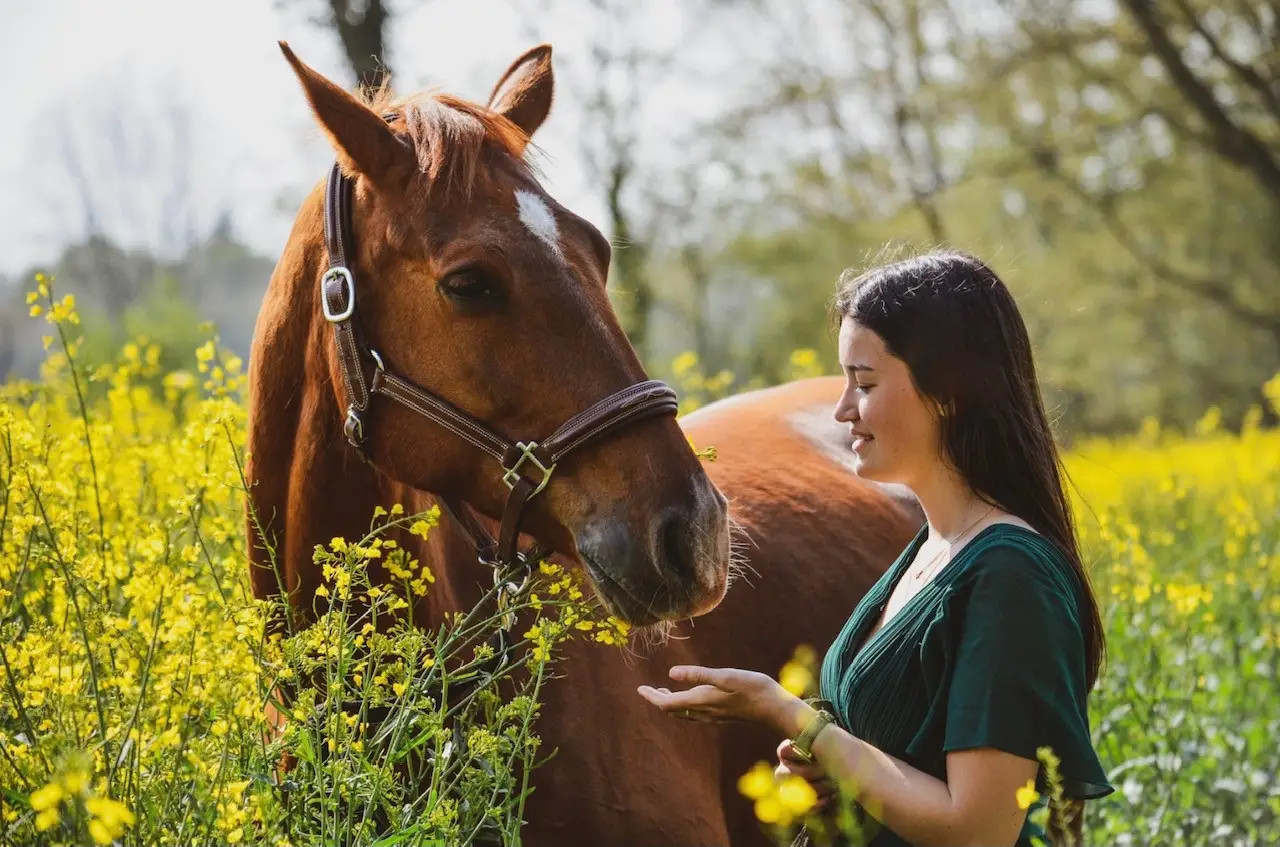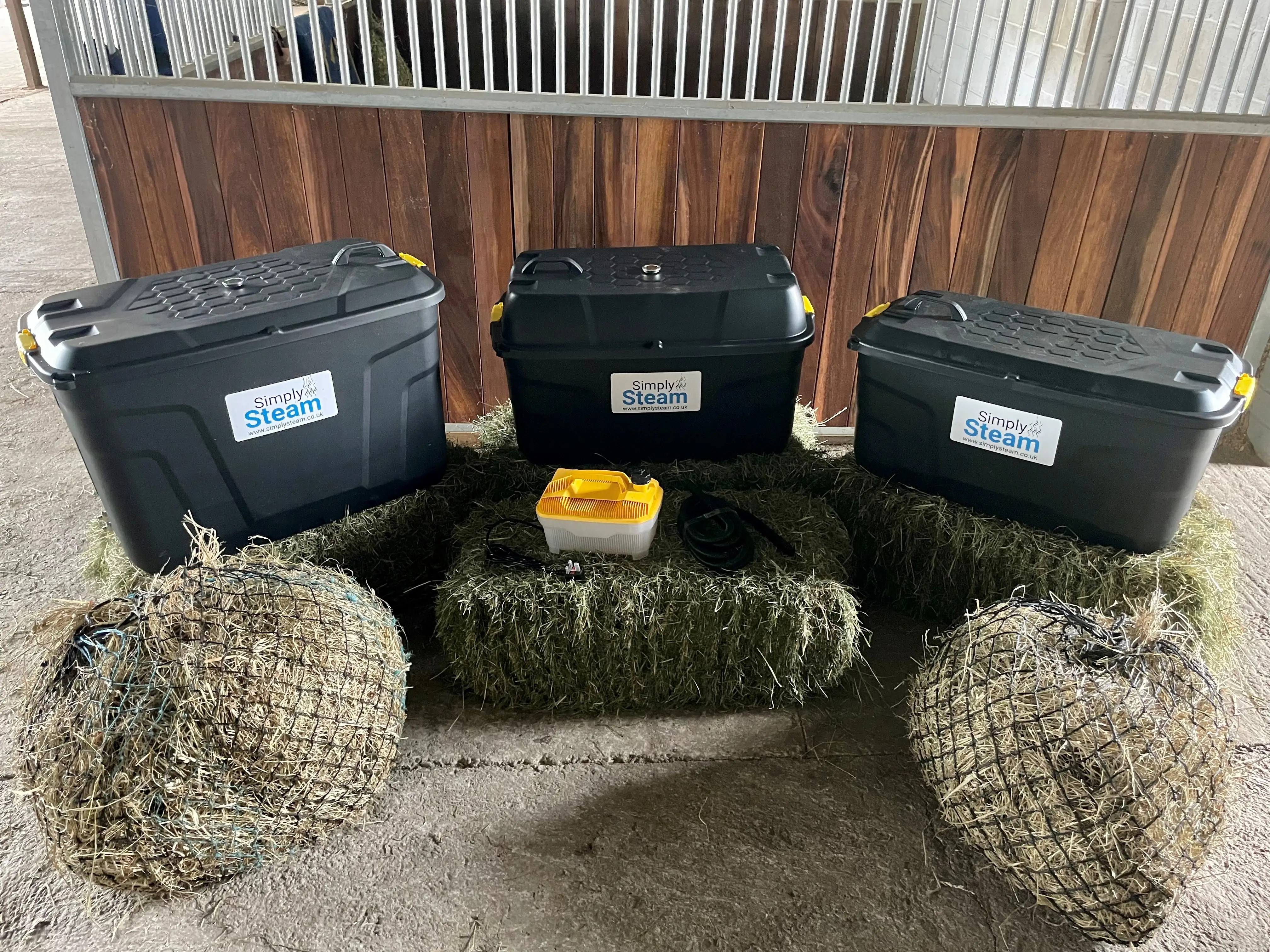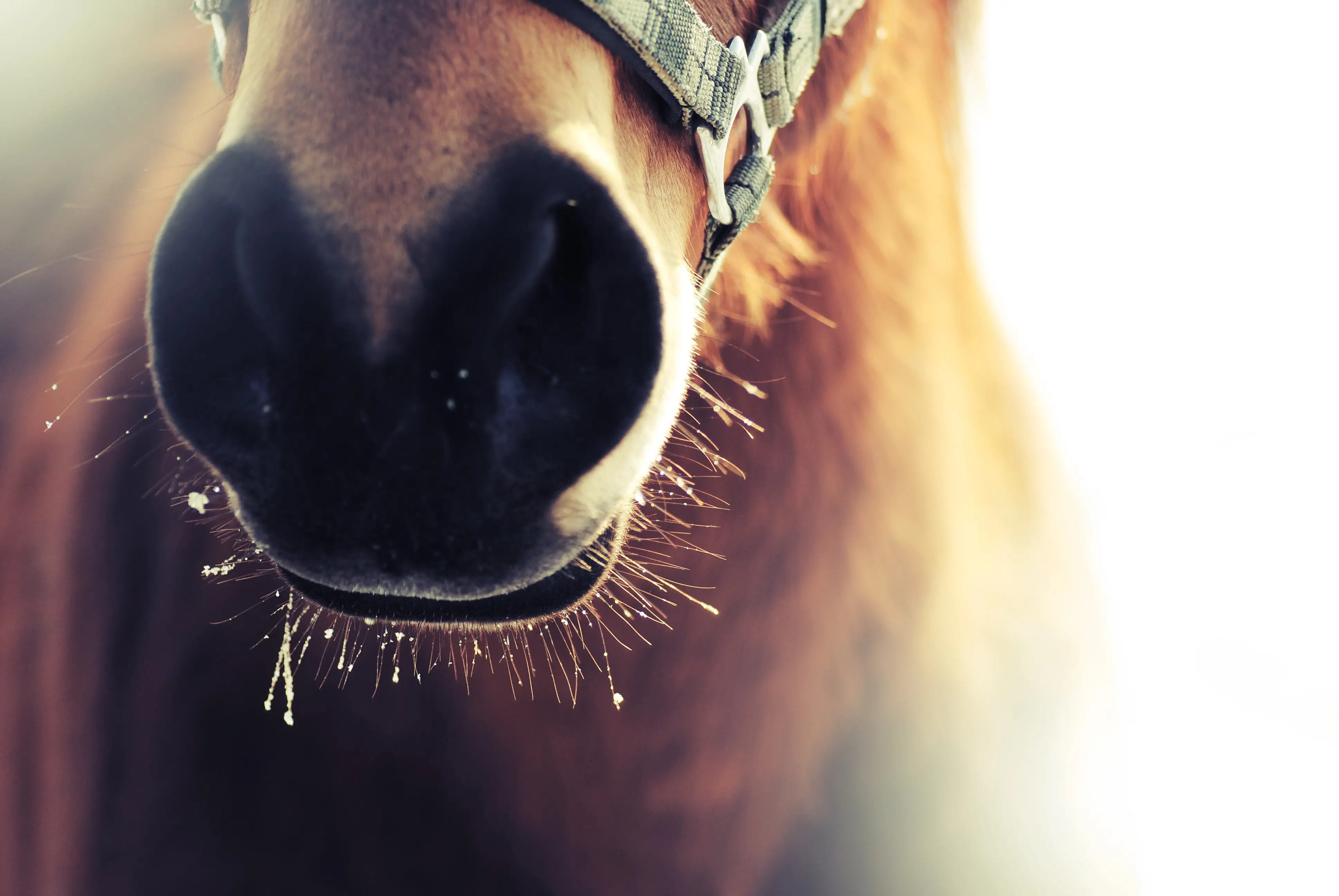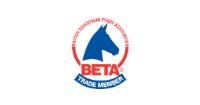09 November
How can I help my dog lose weight?
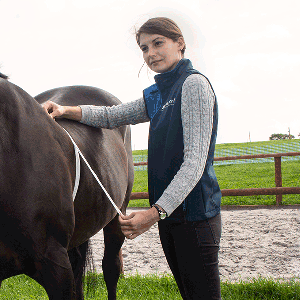 Edeline Bourrier
Edeline Bourrier
Edeline Bourrier
Edeline Bourrier
Treats, leftovers… many of us feed our dogs extras on the top of their normal meals. Just like with humans, more and more dogs are overweight or obese. Having said that, let’s find out how we can help our dogs lose weight and fight against the resulting health issues.
Is my dog overweight?
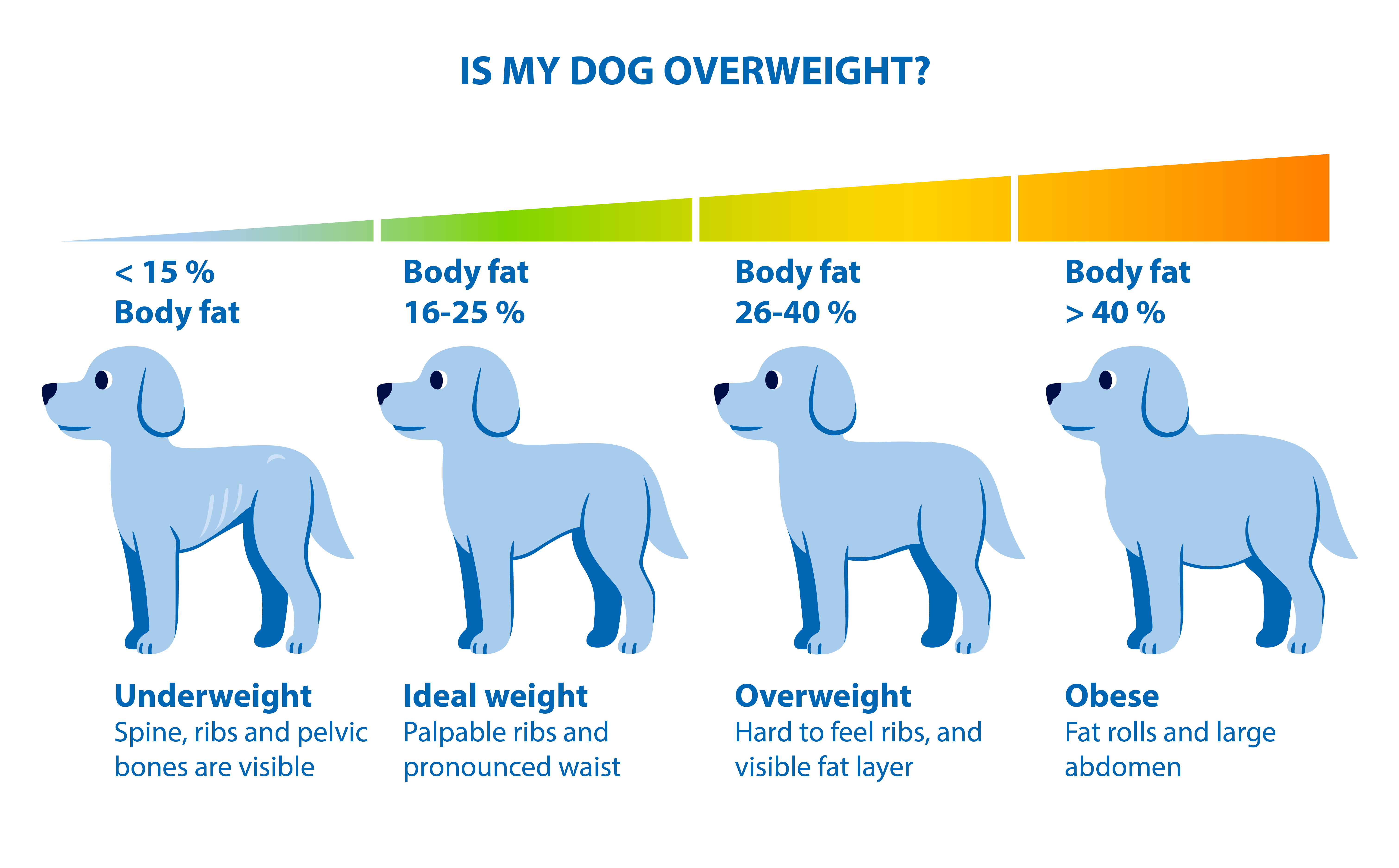
It is worth noting that some breeds, such as sight hounds, should naturally carry less fat than for example a Labrador, to be considered the correct weight. It is a good idea to consult with you vet if you are unsure what the correct weight is for the breed of your dog.
What are the causes of obesity?
- Lack of physical activity: our sedentary lifestyle can unfortunately affect our pets as well.
- Unsuitable diet: it is essential to adapt a dog’s feed to his/her age, level of activity, fitness and health, whether it is home made or shop bought.
- Food quality: some highly processed or budget ranges contain mainly starch and sugars (empty calories) at the expense of quality nutritional ingredients such as proteins, fibres, vitamins, minerals and essential fatty acids.
- Other causes: hyperthyroidism, Cushing syndrome and genetic predisposition specific to certain breeds.
What are the consequences of obesity on my dog’s health?
Food for thought… it is estimated that a slightly overweight dog can see its life expectancy reduced by two years.
The main health issues associated with obesity are:
- Mobility: the increased mechanical stress can exacerbate or speed up the development of issues such as arthritis, dysplasia, hernias, etc.
- Digestive: sluggish intestinal transit or bowel function, gas and constipation
- Heart/Cardiac: decreased endurance, decreased ability to withstand hot temperatures
- Liver/Hepatic: liver failure, pancreatitis and diabetes
- Higher risk of cancer
How to help my dog shed his excess weight?
Periodically review your dog’s diet according to his age, level of activity and health. For example a nursing dog will have important energy needs but her food will have to be reviewed as soon as the puppies are weaned. A Collie going for two walks a day will not have the same requirements as his counterpart working on a sheep farm in the Yorkshire dales.
If you’re in a training phase and are feeding a lot of treats to your dog, try to use quality treat such as dried meat or fish and adapt your dog’s meal. Once your pup has got the hang of the basics, why not try to swap the food-based treat to other types of rewards as suggested in How do you reward a dog without treats?
Walks and games are a good way to fight weight gain. For dogs suffering from mobility issues, keep in mind that the intensity and length of the activity need to be tailored. Remember, if you’re not a fan of long rainy walks, your dog might not be either, a treasure hunt at home where you hide a selection of with treats and toys may be a good alternative. On the top of getting your dog moving, using his nose should help him/her relax!
Our product Selection:

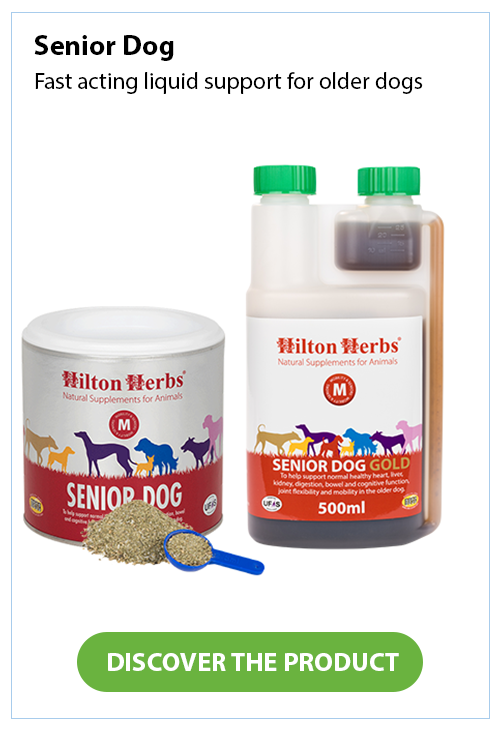
 About Edeline Bourrier
Edeline Bourrier
About Edeline Bourrier
Edeline Bourrier



